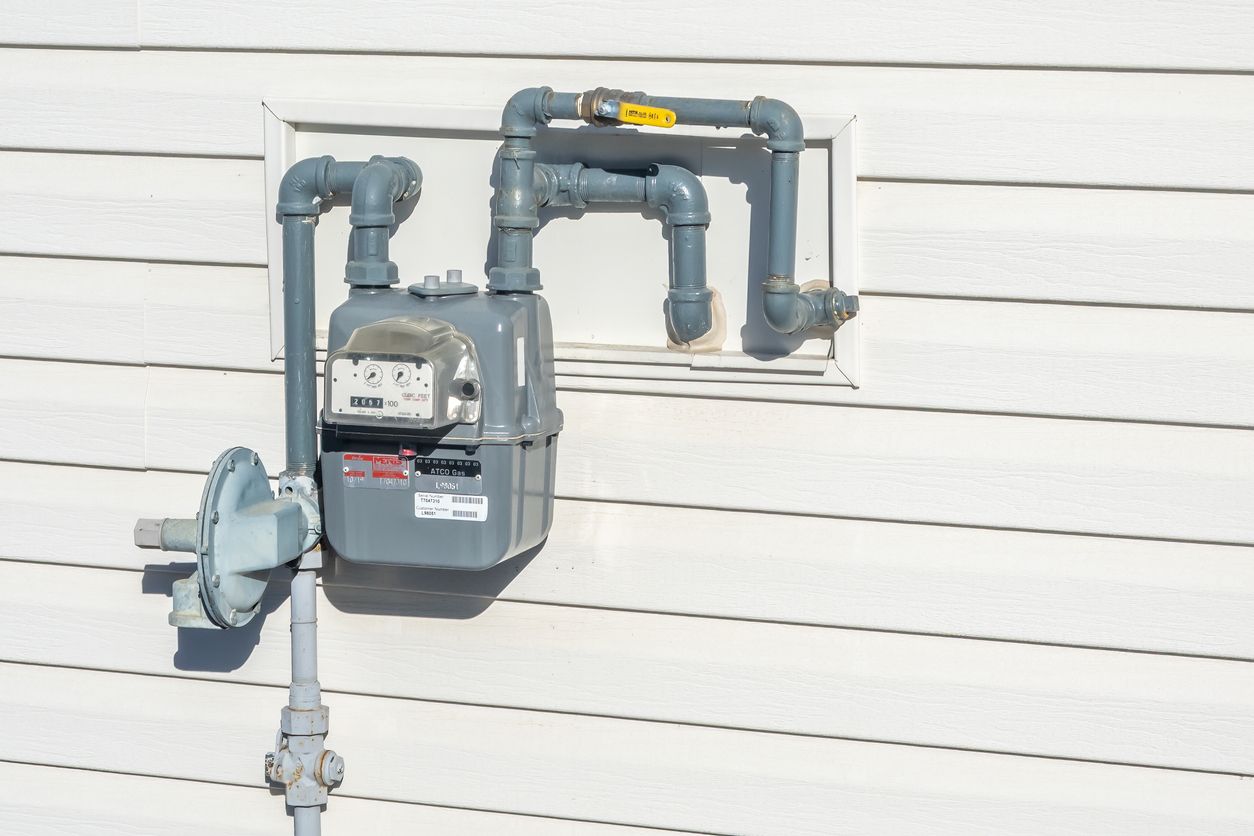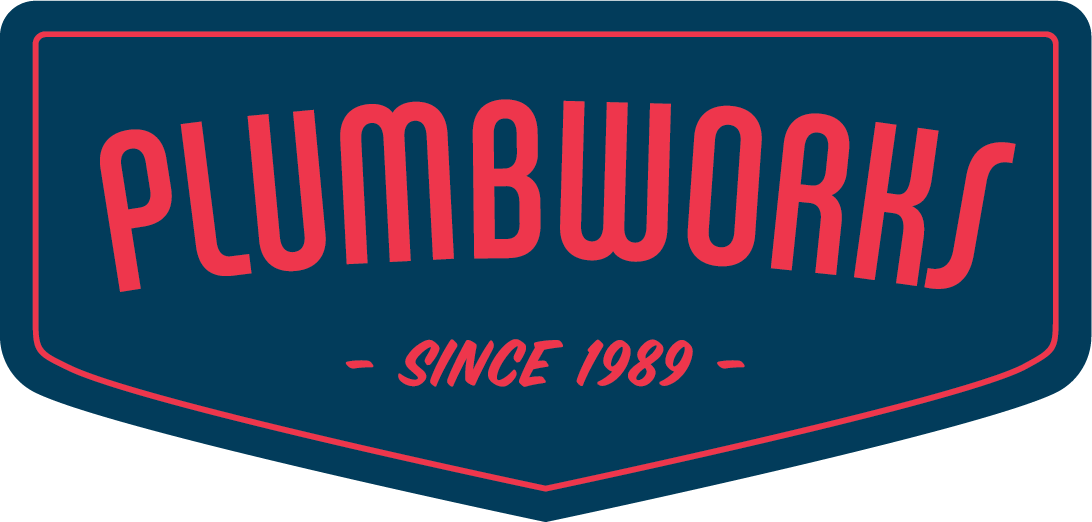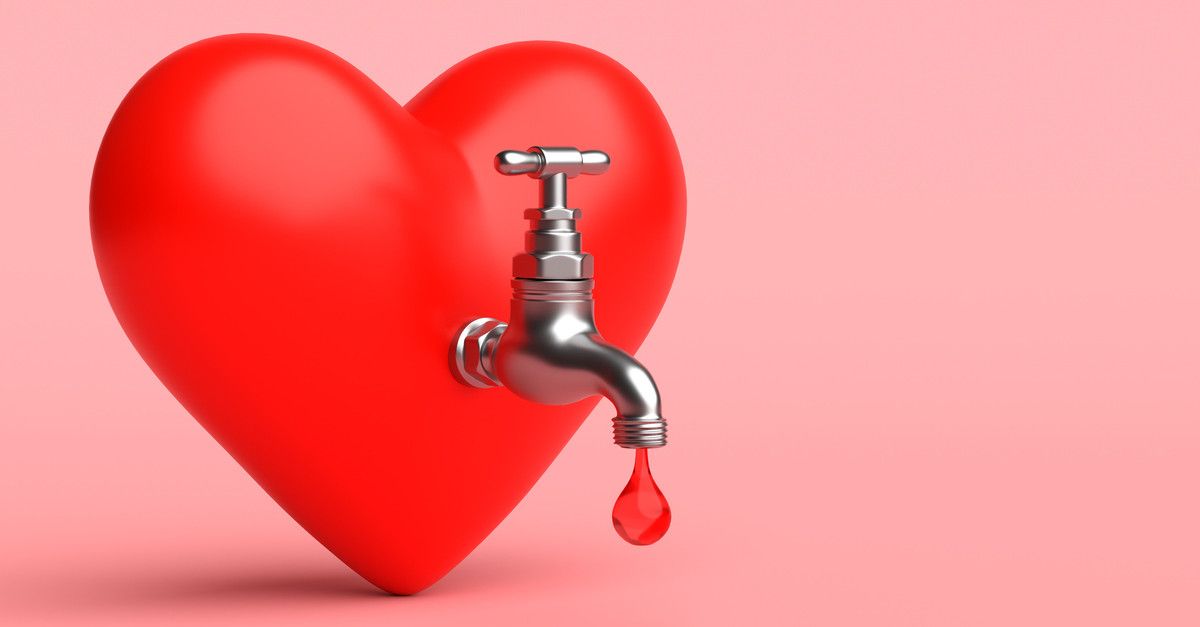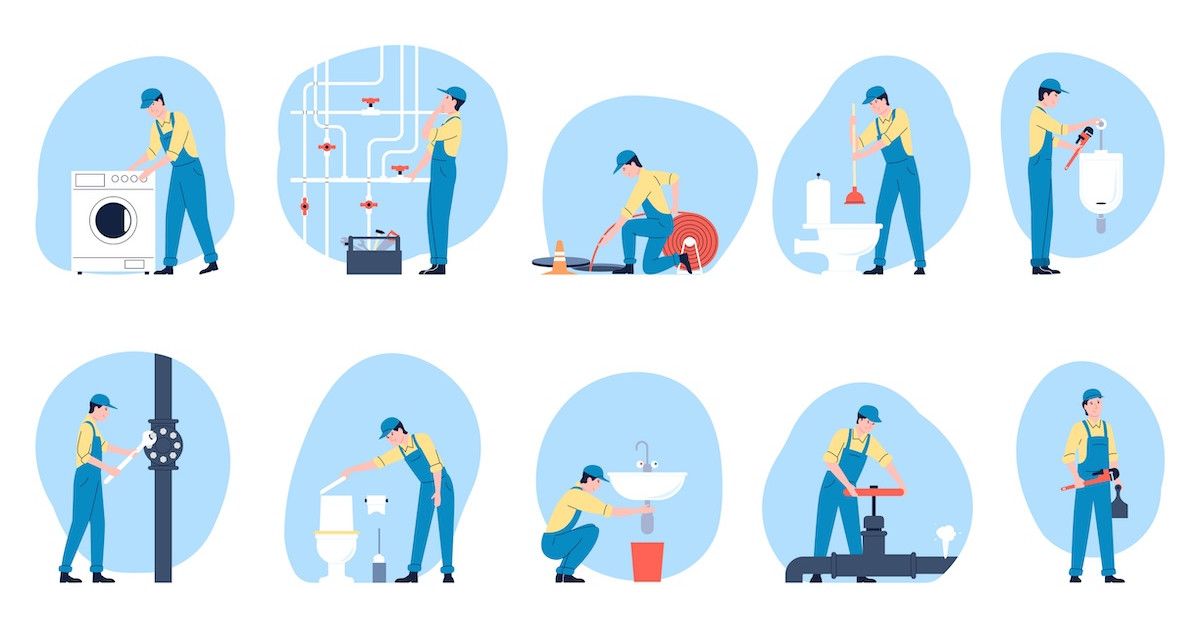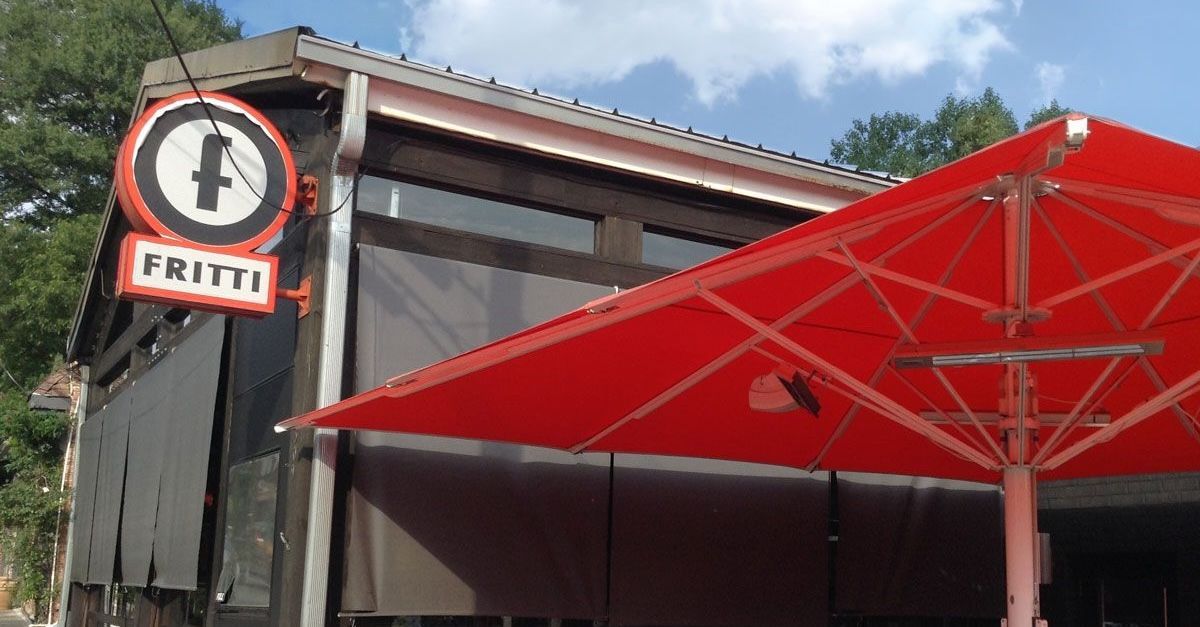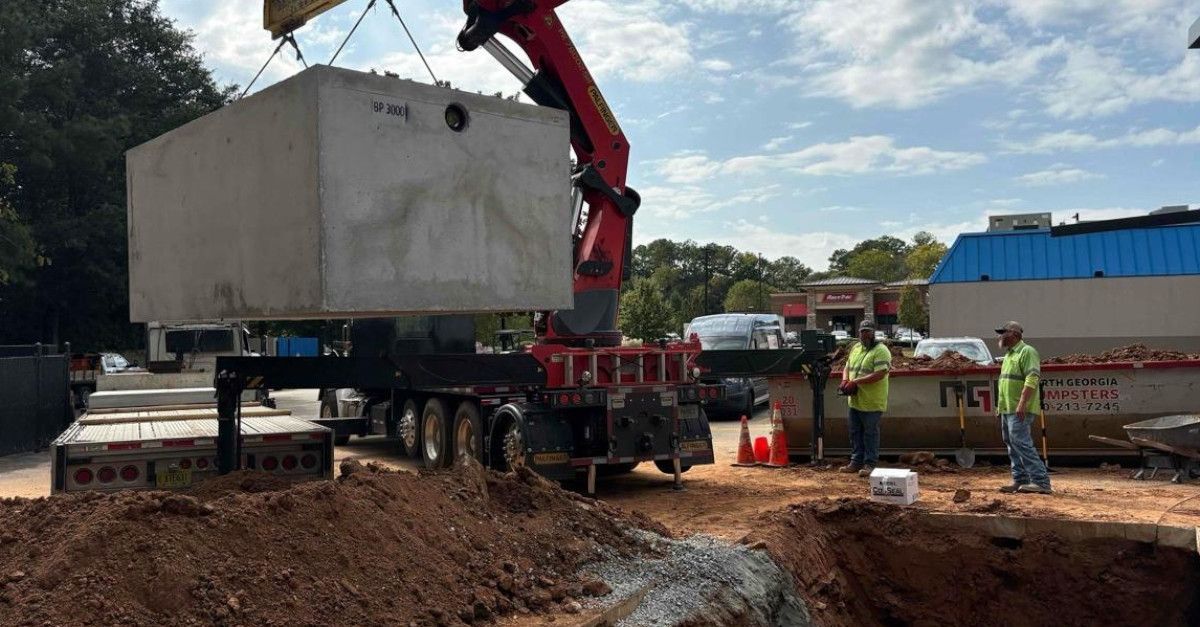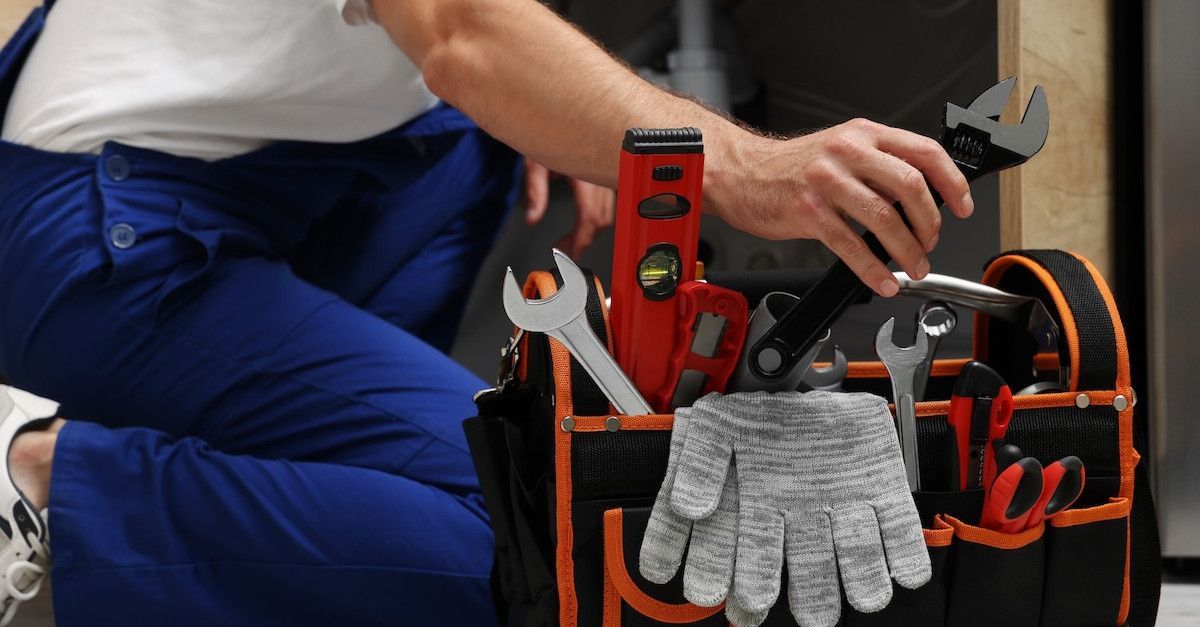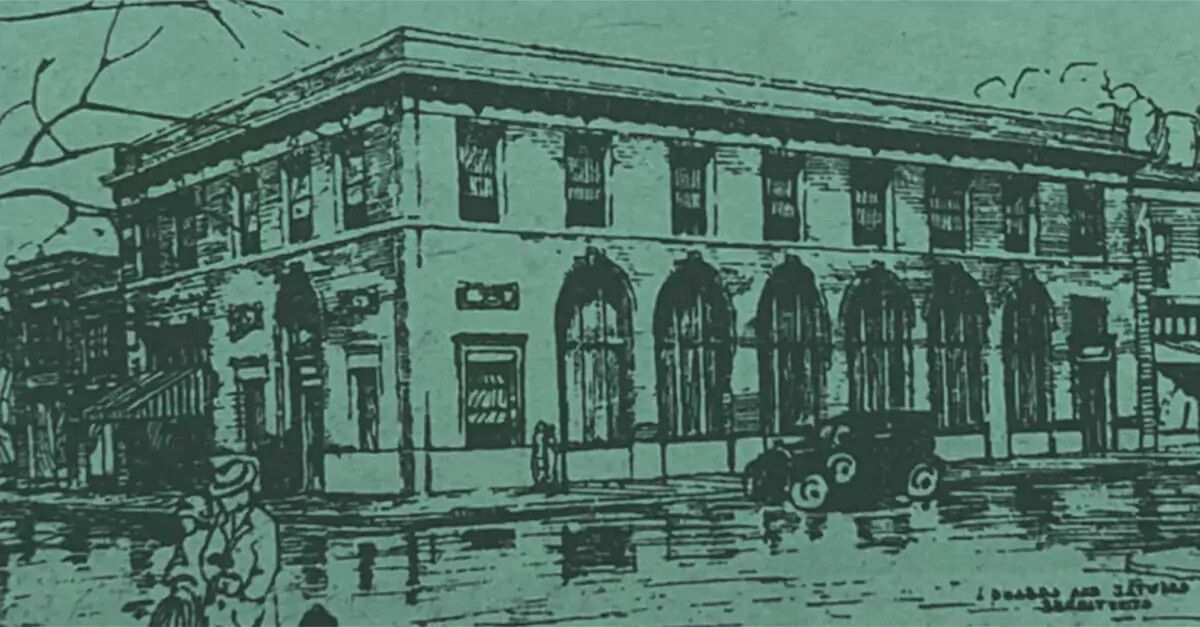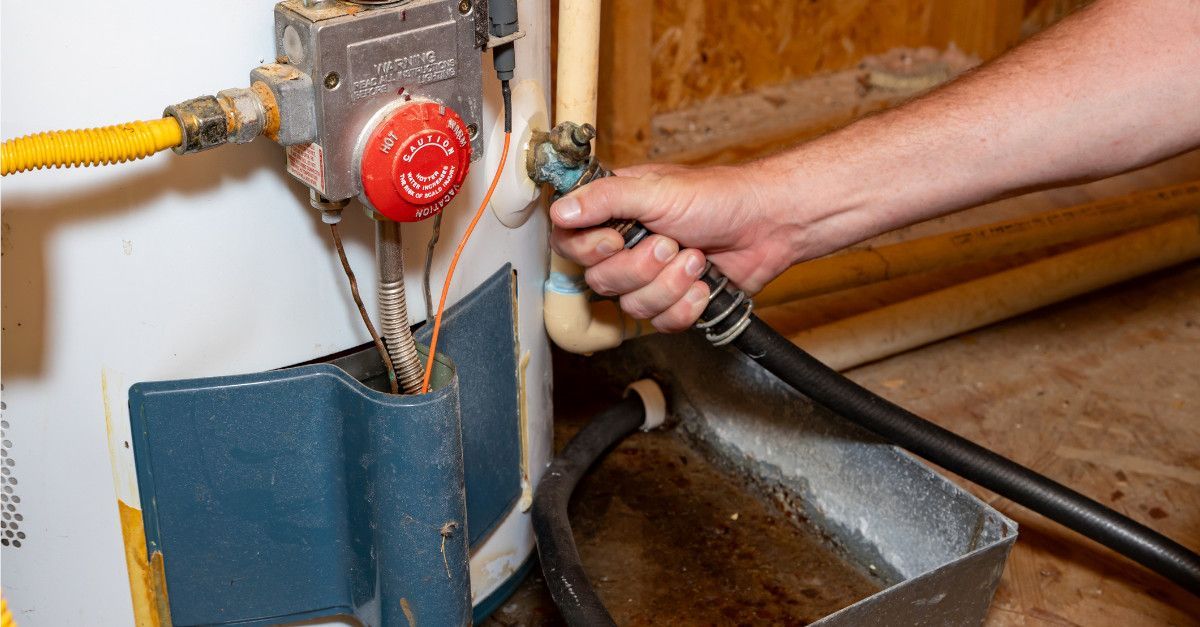How to Protect Your Pipes Before Freezing Temps Arrive
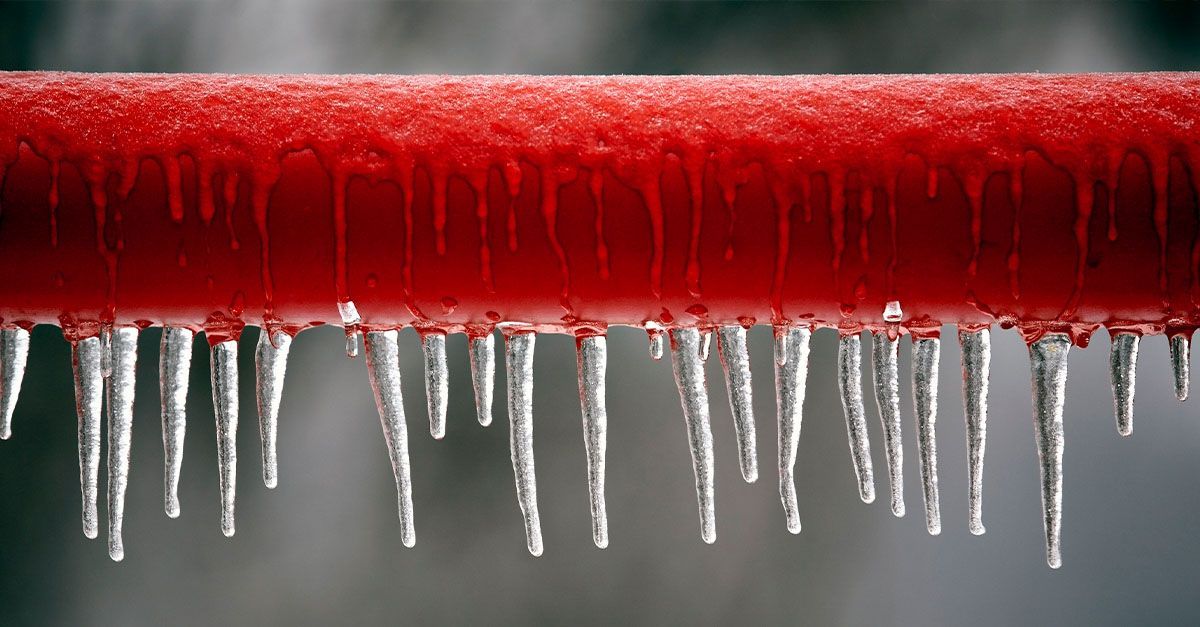
Nothing puts the cold chill on the festive holiday season like a frozen or burst pipe. Frozen pipes are bad enough, but when they burst, the problem worsens and can easily lead to flood damage requiring costly repairs. This all-too-common occurrence affects an estimated 250,000 homes in America each year.
And Georgia may be a hot bed for frozen pipes. According to a
State Farm report released in 2023, Georgia topped the list of frozen pipe-related losses at $100 million (from August 2002-August 2023.)
Plumb Works remains your go-to source for frozen or burst pipe calls in our service area. However, there are some simple tips you can apply to protect pipes in cold weather and help avoid a house call. Before the thermometer dips below freezing – that’s 32 degrees Fahrenheit – do the following:
Simple Winter Pipe Protection Tips
Prepare Outdoor Hoses: Get ready for the impending freeze by disconnecting all garden hoses from outdoor faucets. Once disconnected, drain the hoses before storing them inside. Styrofoam covers for outdoor spigots offer some extra protection and are easily available where hardware products are sold. If you have shut-off valves for pipes leading to outside faucets, turn them off and drain them.
Insulate Your Pipes: Identify any exposed pipes you may have in unheated areas, such as basements, crawl spaces, and attics. Create a barrier between the pipes and the cold by wrapping them with foam sleeves or other pipe insulation. The latter can include heat tape or thermostatically controlled heat cables. Whatever option you choose, carefully follow the manufacturer’s instructions for safety.
Open Cabinet Doors: In effort to allow warm air to hit your pipes, open all cabinet doors under your kitchen and bathroom sinks. Additionally, keep all interior doors in your house open to allow warm air to more easily flow to each room and their respective pipes.
No Air Leaks Allowed: Although it might not be the most obvious form of frozen pipe prevention, air leak repair is important. When the temperatures go low, you want to keep air from leaking inside and potentially freezing the pipes. Let’s start with the obvious: keep your garage door closed. Examine the exterior walls and foundation of your home. Look for cracks or openings that can be problematic and seal them. Other air leaks are often found around pipes coming into the house, windows, doors, and electrical wiring. Use caulk to fill those gaps.
Drip Away: When expecting freezing temperatures, let warm water slowly drip from your faucets overnight. This keeps the water from becoming stagnant and allows it to flow, which helps prevent it from freezing and causing a pipe to burst.
Keep the House Cozy: Set your thermostat at 60 degrees Fahrenheit or higher when outside temps dip below freezing. This is especially crucial when traveling.
When to Call the Pros
Winterize Plumbing: If you need help when it comes to plumbing maintenance for winter, contact Plumb Works. Our expert team can provide a professional inspection and assist with any potential issues from proper pipe insulation to leaky pipes vulnerable to bursting.
Thawing Frozen Pipes: Although you can try thawing frosted or frozen pipes with a hair dryer or by wrapping them in hot towels, Plumb Works suggests making a service call instead. A plumber can swoop in and find and fix any frozen pipes before they break.
Burst Pipe: If a pipe bursts, take action immediately by contacting Plumb Works and notifying our team of this urgent situation. However, before making the call, turn off your water supply at the emergency shut off valve. Move valuables and furniture safely away from any water.
Let Plumb Works Protect and Fix Your Pipes
Whether it’s an emergency call or a preventative inspection, reach out to our experts by calling 404-524-1825 or scheduling an appointment online.

